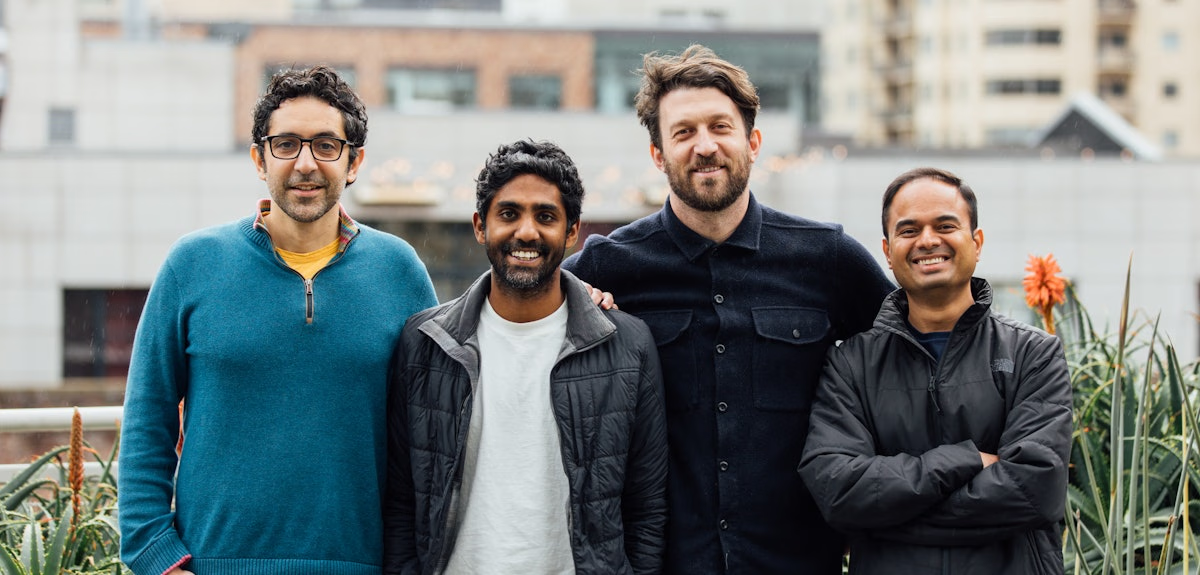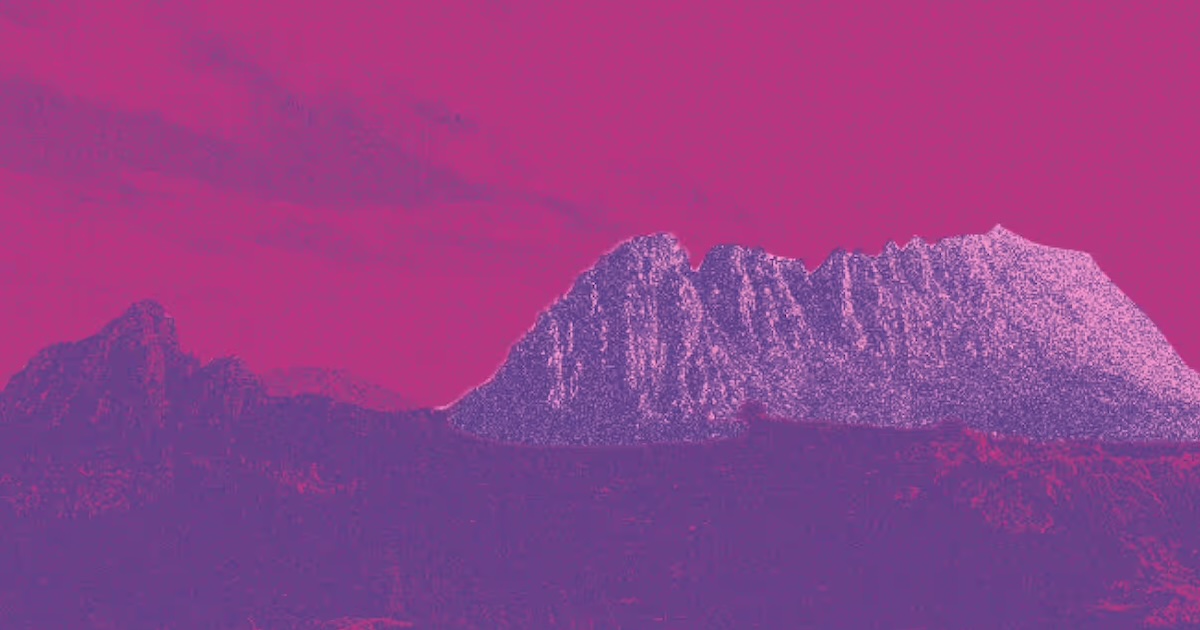.png)
Investment Notes: Nomad Atomics
We’ve led a $10M pre-Series A round in Nomad Atomics. Nomad Atomics is made up of three physicists straight out of the Australian National University who have built a world-leading sensor technology: true wild hearts.
With an A$2M seed round in 2020, Nomad Atomics built a working quantum sensor, developed a customer base and in recent times, have honed in on a transformative use case that makes underground mining safer.
The cold truth
Nomad Atomics’ product is a quantum sensor that measures gravity using a bundle of super-cold atoms.
Quantum sensors promise to be more sensitive and accurate than their state-of-the-art classical competitors. It is no wonder that a number of other quantum sensing companies exist—some even trying to build the same kind of sensor as Nomad. Yet, for all the hype, Nomad’s direct competitors have taken many years to come to market, and been too cumbersome (sensors the size of a person!) for commercial use when they have.
Fresh out of the Australian National University in 2020, Nomad believed they could quickly create a sensor that would be useful for industrial applications. The founding team—Kyle Hardman, Christian Freier, and Paul Wigley, all PhDs—were among the best ultracold atomic physicists in the world. They also had a chip on their collective shoulder: they were sick of seeing quantum sensing done poorly, and they were ready to prove a point.
Starting by sensing gravity using atoms, they decided to build a small, rugged sensor as quickly and cheaply as possible, to sign first customers.
Their secret sauce was twofold. First, a novel readout technique would allow them to decrease sensor size while improving output. Second, a new optical system meant their laser systems would be smaller and more robust.
As a result, Nomad can package the kind of technology that measures the movement of the cosmos into something about the size of a shoebox. You or I could carry it—and so could Minister Ed Husic, when he announced the Australian Government’s National Quantum Strategy a few weeks ago:

Customer love
In two years, Nomad has built their MVP sensor, honed in on an ideal customer profile, and signed on their first customer contracts.
The MVP sensor is not perfect. It’s still undergoing optimisation and being finalised for deployment. But Nomad is still delivering on their active customer contracts while they continue to develop the product.

Nomad are honed in on supporting safe underground mining operations as a first use case. Underground mining extracts minerals with minimal disruption to the Earth’s surface by excavating deep underground (as opposed to, for example, surface mining). It is more efficient than other mining methods, but inherently dangerous: digging large spaces underground always runs the risk of unexpected cave-ins.
The Nomad sensor can create a detailed and accurate map of the deep underground while its user stands at the Earth’s surface. For underground mining, then, Nomad provides an absolute source of truth for the potential difficulty of a mine, and supports safe underground mining and operations, with accuracy and ease that is currently inaccessible.

Mining and impact
At first glance, investments that service underground resource customers may appear to challenge Blackbird’s commitment to making our kids proud, Fleet, Earth AI, and Nomad service customers whose primary purpose is to find and dig things out of the ground.
Australia’s economic prosperity relies far too heavily on such resource extraction.
However, we have high hopes for Australia to lead the world in electrification and become a renewable energy superpower. Worldwide electrification requires critical minerals, and critical minerals (for now) must be mined. Backing companies that service this need is an opportunity, both commercially and from an impact standpoint.
We’re excited to follow the founders of Nomad as they zero in on the opportunities in growing markets—not just in critical minerals mining, but in monitoring of CO2 sequestration and aquifers, to environmental monitoring, and beyond.
What will be achieved over this round?
With this investment, Nomad will improve, package, and ruggedise their sensor for widespread use. They'll also start delivering on their early mining safety contracts. Finally, they'll commence development on their next-generation product that is anticipated to achieve margins of ~80% (software-like!), because it can operate autonomously.



.jpg)

.avif)






